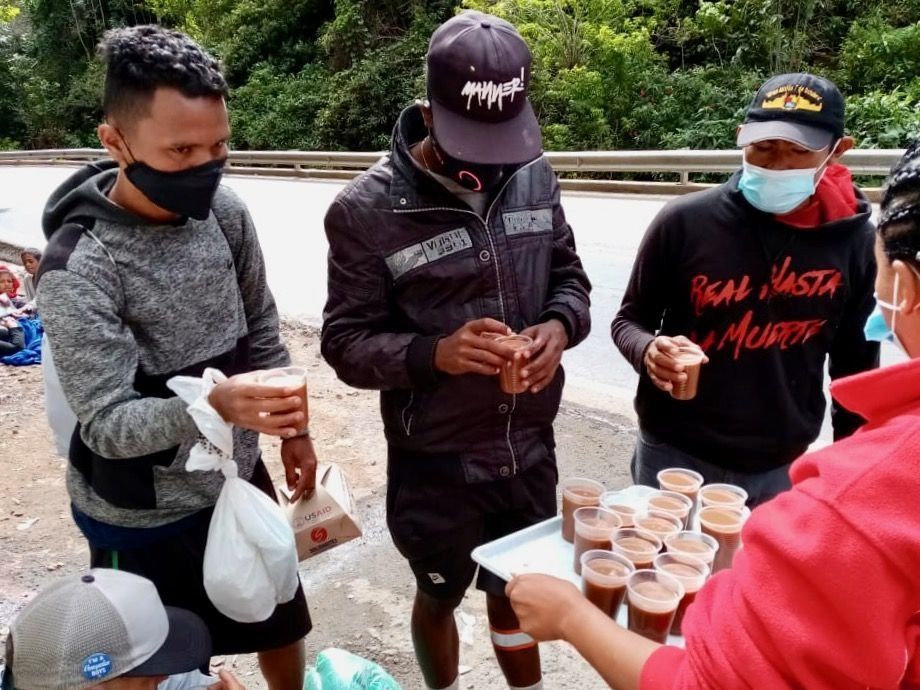U.N. officials released a 2021 humanitarian plan that projects 235 million people worldwide will need aid, an astonishing 40% increase from this year due to the pandemic, conflicts and climate change.
The plan released on Tuesday shows a projected increase above the 167.7 million people included in the 2020 plan that reflects the massive challenges the world faces in battling a COVID-19 pandemic that has infected 64 million people and killed 1.4 million. It has raised food prices, deprived people of jobs and income, and closed schools and businesses, but the hardest-hit are those among the poorest nations.








